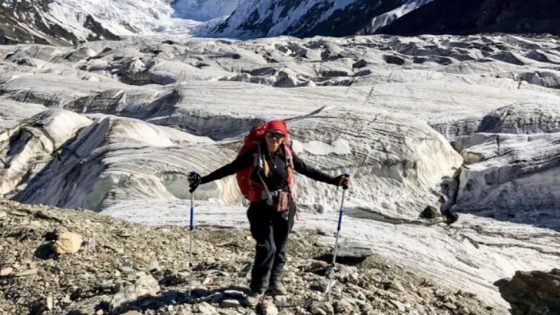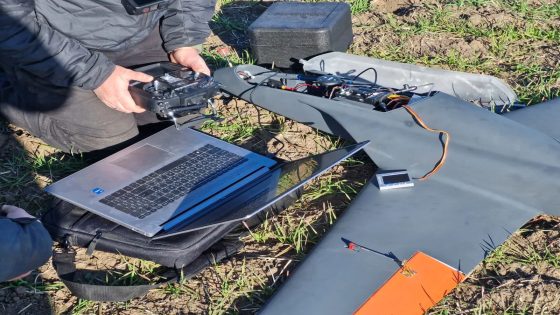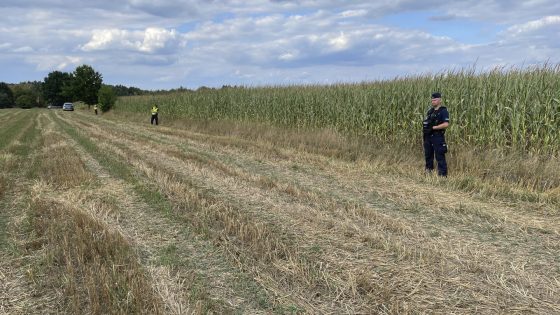Rescue efforts for Russian climber Natalia Nagovitsyna have been suspended after she spent 10 days stranded at 7,150 meters on Pobeda Peak with a broken leg. The challenging weather conditions, including intensified winds and heavy snow, forced rescuers to retreat to Camp 1, leaving her fate uncertain.
- Natalia Nagovitsyna stranded at Pobeda Peak.
- Rescue efforts halted due to bad weather.
- Inexperienced guide led to dangerous situation.
- Nagovitsyna's supplies have run out.
- Potential high rescue costs for her family.
- Friends criticize belaying an inexperienced guide.
The rescue team, led by Vitaly Akimov, had aimed to reach Nagovitsyna and search for the body of Italian climber Luca Sinigaglia, who died trying to save her. However, with forecasts predicting poor conditions through August 23-24, hopes of a successful rescue are dwindling.
This tragic situation raises questions about the safety protocols in extreme climbing. How can climbers better prepare for such perilous adventures? Ensuring experienced guides and proper training is crucial. Consider these points:
- Inexperienced guides can lead to dangerous situations.
- Climbers must assess their physical readiness before attempting high-altitude peaks.
- Insurance coverage for rescue operations is vital.
- Community support can play a role in rescue efforts.
As the world watches, it’s essential to advocate for improved safety standards in mountaineering. Let’s hope for a positive outcome for Nagovitsyna and a reevaluation of climbing practices.
































